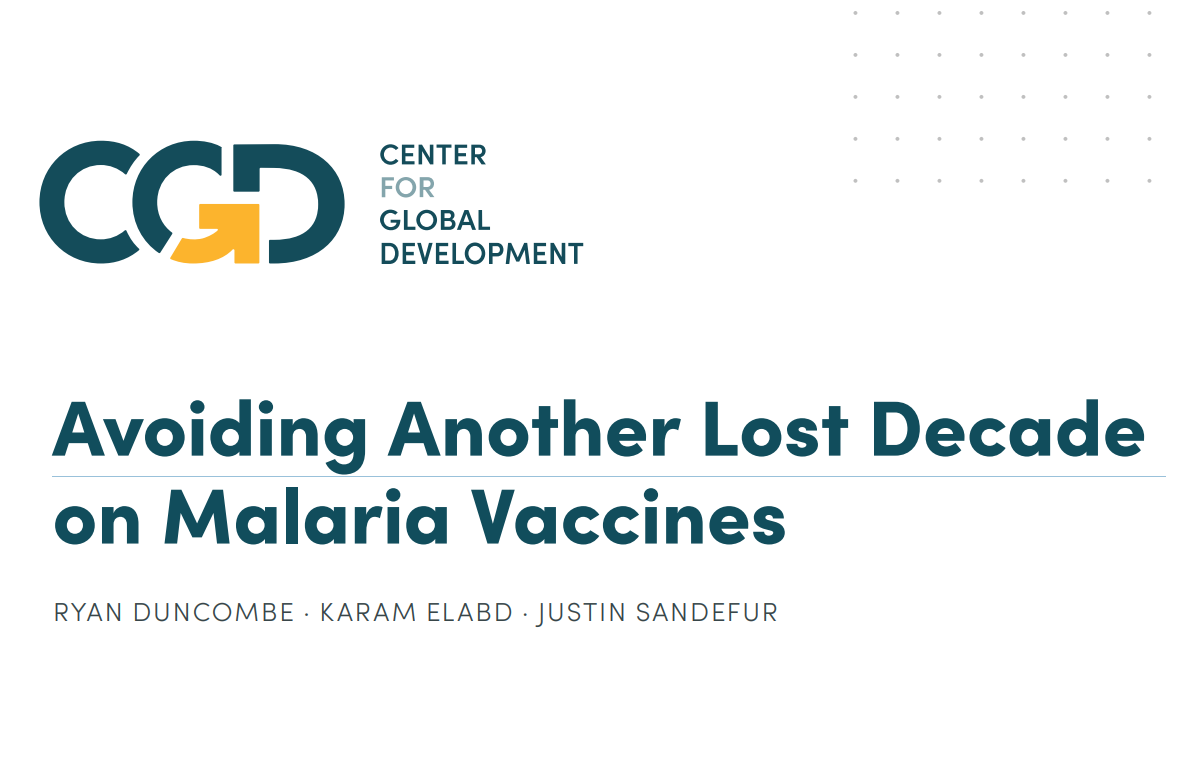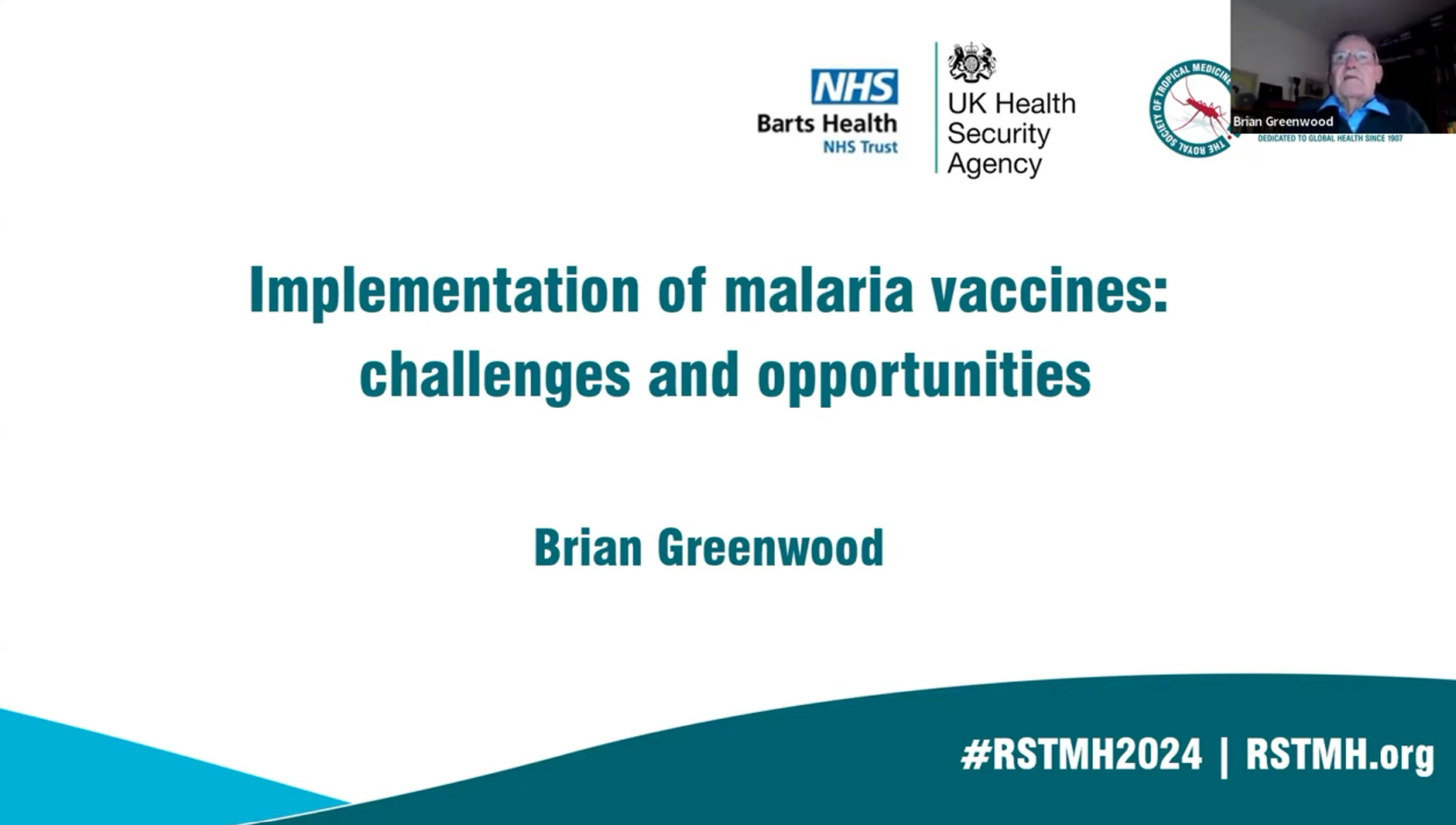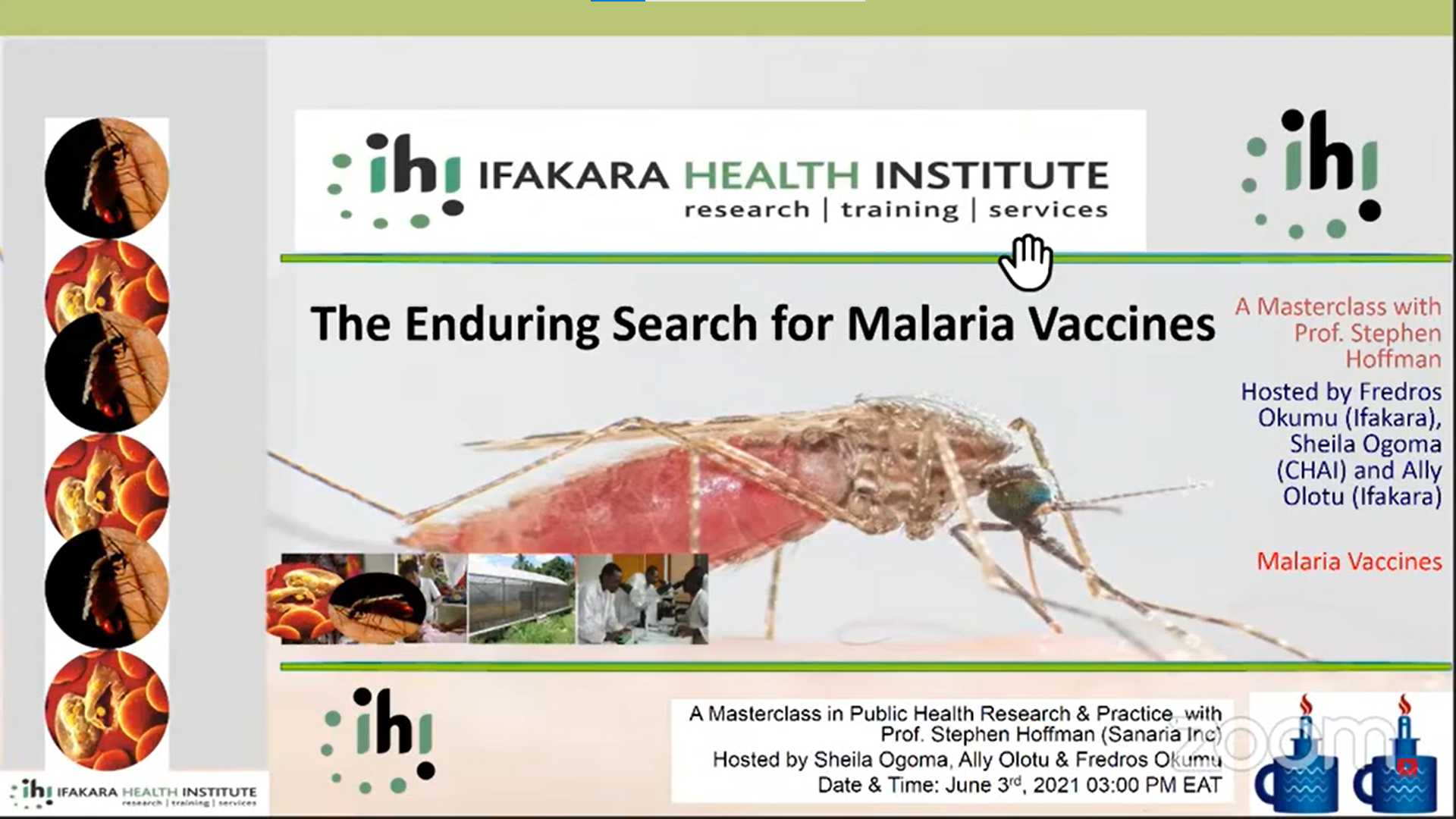Last Updated: 02/12/2024
The impact of Pneumococcal and Malaria vaccines on bacterial resistance, febrile illness and antibiotic usage in young children in Malawi
Objectives
The project will assess whether the pneumococcal or malaria vaccines alter the frequency of febrile illness and antibiotic use in children <3 years; and then refine and test a well-established mathematical model to predict the likely impact of vaccines on antimicrobial resistance (AMR) prevalence.
Across much of sub-Saharan Africa, pneumococcal disease (otitis media and pneumonia) and malaria are leading causes febrile illness, and therefore drivers of both appropriate and inappropriate antibiotic use. Prevention through vaccination has the potential to influence antimicrobial resistance (AMR) both directly and indirectly. There is a chance to leverage two large funded cluster-randomised vaccine evaluations in Malawi: 13-valent pneumococcal conjugate vaccine (PCV13) schedule change (3+0 to 2+1; extending immunity and potentially herd protection); and RTS,S malaria vaccine introduction. Questions will be asked about the direct and indirect selective effects of pneumococcal and malaria vaccines on antibiotic resistance, febrile illness and antibiotic usage in young children in Malawi. It will be determined whether in children <3 years, a PCV13 schedule that extends protection or malaria vaccine introduction leads to a change in the AMR profile of S. pneumoniae carriage isolates; the upper respiratory tract resistome; and stool carriage of extended spectrum beta-lactamase (ESBL) E. coli or Klebsiella.
Mar 2020 — Feb 2023
$1.02M


